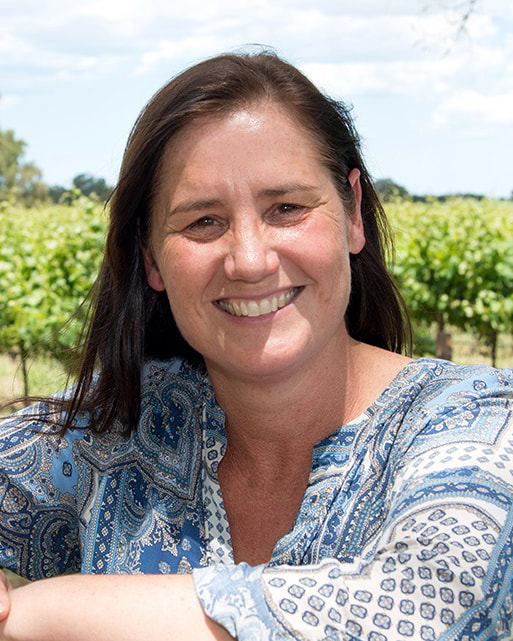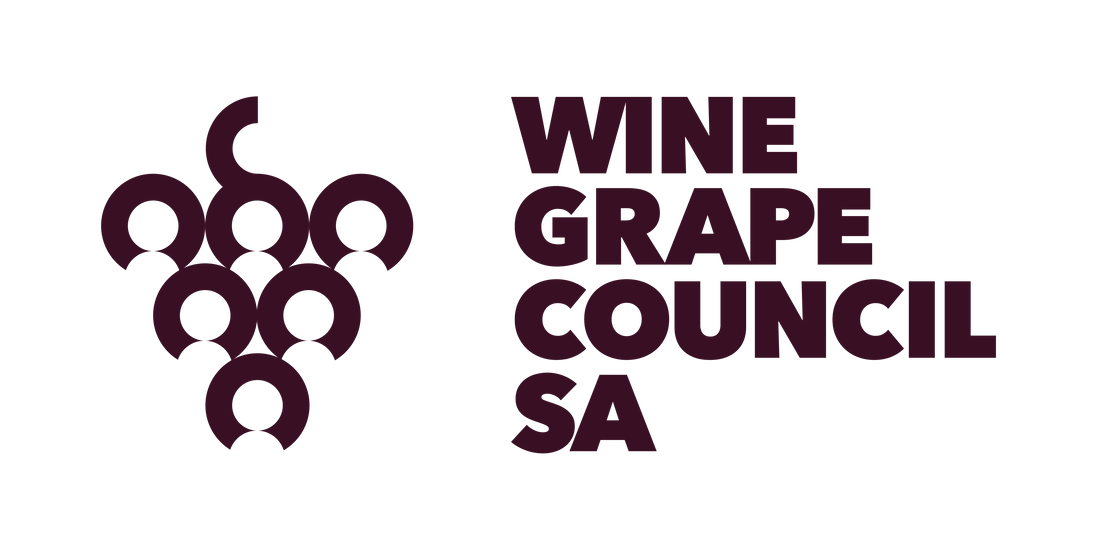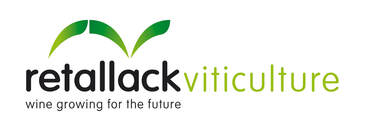Meet the EcoGrowers
Sarah KeoughRegion: Langhorne Creek
1. Tell us about your experience in grape growing?
I have been involved in the wine grape growing industry, for the past 28 years and I’m currently employed by Bleasdale Vineyards. In the 90’s and even into the early 00’s insecticides such as Chlorpyrifos was sprayed on a regular basis to control LBAM and other pests. I have seen a huge shift towards more sustainable, and environmental methods in recent years. 2. What prompted you to want to be involved in the EcoVineyards project? While our LBAM numbers are low they can still be an issue in the vineyard. Mealy bug and scale are also a problem in small pockets. We would like to reduce or eliminate the use of insecticides and build a long term, effective solution for the control of pests in our vineyards. As a knock on effect, the incidence of other issues such as botrytis caused by LBAM, Sooty Mould from scale will hopefully decline therefore reducing or eliminating the application of fungicides. The vacant areas planned for the EcoVineyard project have historically been slashed and sprayed to keep weeds under control. The maintenance cost is high and does not value add. By planting these areas with native plants we will:
3. What do you hope to achieve from your involvement in the EcoVineyards project? Gain a better understanding of native insectary plants that thrive in the area and create a corridor of native plants around and through the vineyard. I am extremely hopeful that over time the natural predators will increase therefore eliminating the need for insecticides. 4. Have you tried to increase biodiversity on your property before undertaking this project? If so, how? Yes, Previously, midrows were planted with buckwheat to encourage natural predators into the vineyard. This was short lived as buckwheat was difficult to grow in our dry conditions. 5. Why do you think it is so important for growers to try and build natural resilience on their property?
6. Looking to the future, what do you see as a new 'normal' for grape growers on their properties? In this space, I think growers will be looking to reduce or eliminate pesticide use. There possibly will be a push for slashed undervine swards or natives insectary plants to reduce herbicide use and increase insectary corridors. |
Project Partners
This project is supported by the Department of Agriculture and Water Resources, through funding from Australian Government's National Landcare Program.
This project is funded by the Adelaide and Mount Lofty Ranges Natural Resources Management Board through the NRM levy.
This project is funded by the Adelaide and Mount Lofty Ranges Natural Resources Management Board through the NRM levy.






